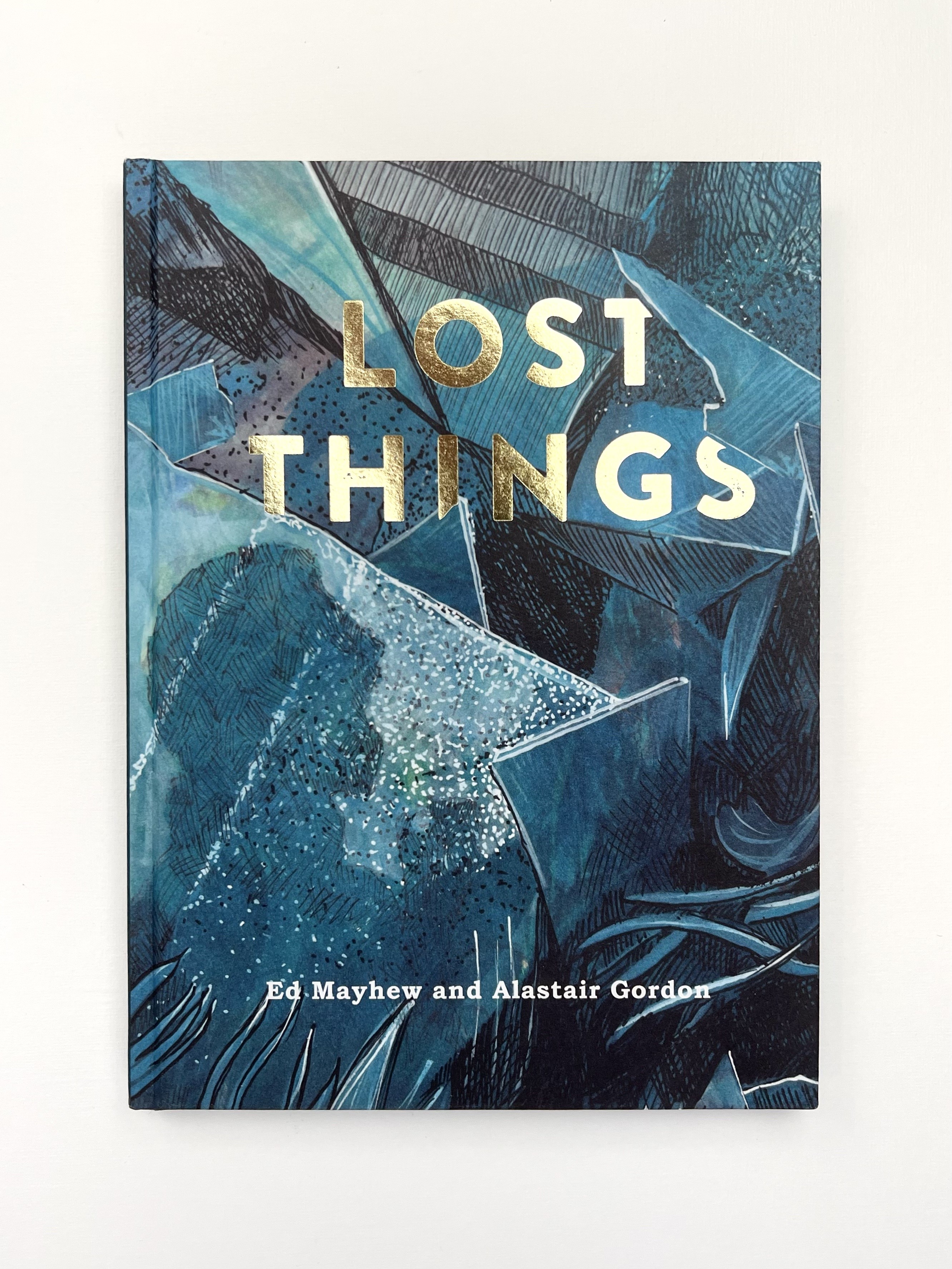A couple of years ago I bought a Nintendo Switch and waved goodbye to my productivity. I’ve recently been playing Balatro, the breakout indie success of 2024 that is essentially the lovechild of poker and heroin, it’s that addictive. I now dream in playing cards. It’s a miracle this column managed to get done, frankly.
However, as all-consuming as Balatro is, one game I simply can’t allow myself to play again is Football Manager. I know that, if I do, the next few months of my life will be a blur as I try to make my team that little bit better.
It’s not that I especially love tweaking tactics or managing a team of plucky underdogs. No, for me, Football Manager may as well be player transfer window simulator punctuated unhappily by the occasional season of actual football.
Like most football fans, I love transfers. Sometimes more than I like actual football. As the January transfer window opens, I’ve found myself wondering why this is. The January window is normally a slow one, with little happening. Clubs challenging for titles and trophies, or scrapping to avoid relegation, (or, in Manchester City’s case, somehow both?) are generally unwilling to sell important players mid-season (FAO: Trent Alexander-Arnold and Real Madrid).
And yet. If you are one of those clubs pushing for a title, or desperately fighting to stay up, a new signing or two can be just what’s needed.
Transfers are, of course, never guaranteed to succeed. Antony (£85 million), Paul Pogba (£89 million), and Nicolas Pépé (£72 million) should put that discussion to bed. But it’s hard to argue with the results sometimes. Liverpool sign Van Dijk, Salah, and Alisson and go from bridesmaid to bride almost overnight. Nottingham Forest is promoted and decide to buy Literally Every Footballer in the World (okay, 31 players, but still that’s basically a whole academy). They currently sit level on points with Arsenal.
Transfers are all potential, and potential is always exciting. The grass is always greener. The next transfer might just be the one to take your team to that next level.
But football’s obsession with transfers also speaks to the tempo of modern life and our need to slow down.
We have become somewhat incapable of thinking long-term or living slowly. I don’t think it’s as simple as our attention span decreasing. The thought of watching a three-hour film seems completely impossible to me, but I would very happily watch episodes of Brooklyn 99 for about 5 hours straight, given the chance. It’s almost as though I have to micro-dose content now (yes, hello again, Balatro).
And so it is in football, too. Fans want success now, not next season. And in this context transfers become the cheat code to success.
Does your team struggle to score goals? Transfer.
Is your team incapable of keeping a clean sheet? Transfer.
Does your life generally feel meaningless and devoid of purpose? Transfer.
The solution very rarely seems to be, you know, better coaching or better tactics. It’s always transfers. Transfers are simply the micro-dosing of the footballing world and speak, a quick hit with the promise of instant result.
Not every footballing problem can be fixed with a transfer or a sacking. Not every cultural or social problem can be fixed overnight or without pain.
Of course, we don’t just see this in transfers: manager turnover is a symptom of the same phenomenon. Want an instant improvement outside of a transfer window? Sack the manager. The speed with which a manager’ status can change from being the Second-Coming-of-Christ to drive-him-out-with-pitchforks is alarming. Ange Postecoglou at Spurs sometimes gets both in the same week.
But the most successful managers in Premier League history – Ferguson, Wenger, Guardiola, Klopp – were all ones who were afforded time. Even when the case could be made for them being sacked. By contrast, Watford have had more managers than the Catholic Church has had Popes and look where that’s got them.
Like so much of society, football is enraptured with a short-term, win-now approach to the sport. But humans are not built to live at this tempo constantly. They are built for rest, and for ebb-and-flow.
Not every footballing problem can be fixed with a transfer or a sacking. Not every cultural or social problem can be fixed overnight or without pain.
Society is often reticent to learn anything from football. But footballing success shows us that short-term quick-fix solutions can only go so far. The promise of transfers is often a false one. True stability and true flourishing come from slow thought and long-term work.
We are creatures, made to live in time. No good comes from trying to cheat this basic fact of human existence.
Right. Time for Balatro.
Join with us - Behind the Seen
Seen & Unseen is free for everyone and is made possible through the generosity of our amazing community of supporters.
If you’re enjoying Seen & Unseen, would you consider making a gift towards our work?
Alongside other benefits (book discounts etc.), you’ll receive an extra fortnightly email from me sharing what I’m reading and my reflections on the ideas that are shaping our times.
Graham Tomlin
Editor-in-Chief







